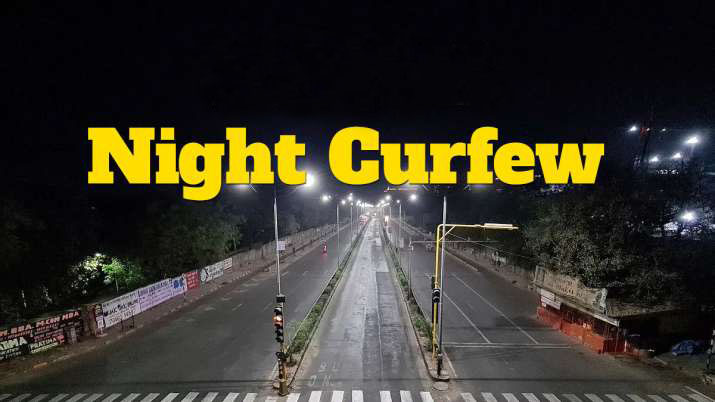The Omicron threat is lurking large in India as the total number of cases has reached 1,892 in the country so far. Delhi currently has 382 cases, second only to Maharashtra with 568 cases. While Maharashtra continues to remain an Omicron hotbead, a member of the state COVID-19 task force Dr Shashank Joshi took to Twitter to warn Mumbaikars that COVID-19 cases in Mumbai may reach 10,000 by today. He also warned people to observe COVID-appropriate behavior, use double masks and get vaccinated.
Here’s a list of restrictions imposed by states to arrest Omicron and COVID-19 spread
Delhi
The Delhi Disaster Management Authority (DDMA) met today to discuss restrictions in view of the rising COVID-19 cases in the national capital. As the national capital’s COVID-19 positivity rate remains above 5 percent for two consecutive days, a “red alert” may be sounded under the Graded Response Action Plan (GRAP).
In case a red alert is sounded in Delhi, it would imply a shutdown of non-essential services and restrictions on public transport and public gatherings. A yellow alert is already in place in Delhi since December 29. As per this alert, night curfew is already there from 10 pm to 5 am.
Cinema halls, spas, gyms, banquet halls, auditoriums and sports complexes are already closed. Schools and colleges will remain closed. Restaurants and bars are operating with 50 per cent capacity.
Maharashtra
Maharashtra government has said that in case of enclosed spaces like cinema halls, theatres, marriage halls, convention halls, etc. are allowed to operate with 50 per cent capacity whereas open spaces are allowed to operate with upto 25 per cent capacity. The state government has also appealed to people observe COVID-appropriate behavior such as social distancing and wearing masks.
Punjab
Punjab government has decided to impose a night curfew, shut down educational institutions and allow cinema halls to operate with 50 per cent capacity. Movement of all individuals for non-essential activities shall remain prohibited between 10 pm to 5 am.
Besides cinema halls, bars, multiplexes, malls, zoos, restaurants, spas, museums and malls will also be allowed to operate at 50 per cent. Only fully vaccinated employees will be allowed to attend government and private working spaces, offices, factories and industries.
Karnataka
The Karnataka government has imposed a “night curfew” from December 28 for 10 days from 10 pm to 5 am. Under this curfew, eateries, pubs, hotels and restaurants can have 50 per cent capacity, as per the state health minister DrK Sudhakar.
Dr Sudhakar has, however, warned that Bengaluru could become an epicentre of the latest outbreak as it is the state capital and has an international airport. “Taking special steps in Bengaluru has become very necessary. Bengaluru is an epicentre. It was an epicentre in the first wave and second wave. It will be the epicentre during the third wave as well,” DrSudhakar was quoted as saying by news agency PTI.
West Bengal
West Bengal government has extended night curfew across the state up to January 15. Restrictions on movement of people and vehicles will be applicable from 11 pm to 5 am.
Goa
The Goa government, led by Pramod Sawant, decided to impose a night curfew between 11 pm and 6 am in the state. The state government has also decided to close schools and colleges till January 26 due to the rise of coronavirus cases in the state.
Students of classes 11 and 12 need to go to their schools to get vaccinated, as per Shekhar Salkar, a member of Goa’s COVID-19 task force. Once vaccinated, the students won’t have to attend classes till January 26.





